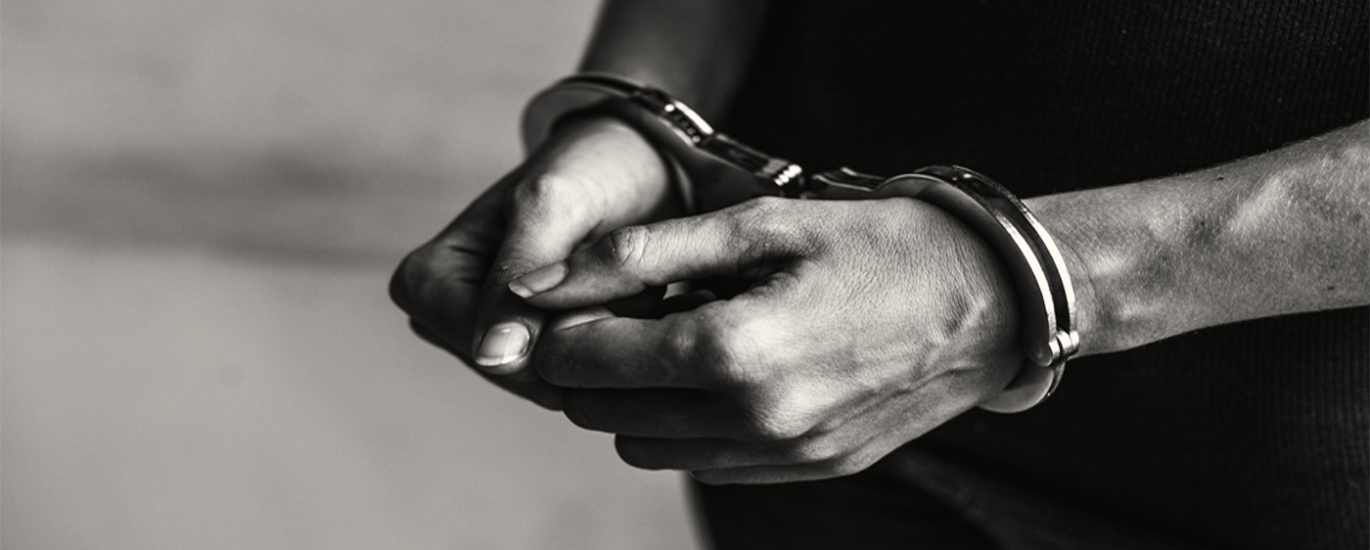A first-time offender refers to an individual who has never been previously convicted of a criminal offence. While repeat offenders often face harsher penalties, those with no prior convictions can still encounter significant legal consequences depending on the nature of the crime and surrounding circumstances.
Although the Criminal Code of Canada does not automatically offer leniency to first-time offenders, courts may take factors such as a clean record, remorse, and a willingness to rehabilitate into account when determining sentencing outcomes.
Common Criminal Charges for First-Time Offenders
While many first-time offenders face minor, non-violent charges, some may be accused of more serious crimes. The most frequent offences among first-time offenders include:
- Theft & Shoplifting – Often involving minor theft, these cases may qualify for alternative resolutions like community service or restitution.
- Assault – Incidents such as bar fights or domestic disputes can lead to assault charges, though legal defences like self-defence or lack of intent may apply.
- Drug Possession – Depending on the type and quantity of the substance, first-time drug offences may be eligible for diversion programs or a conditional discharge.
- Impaired Driving (DUI) – A first-time DUI conviction can result in fines, licence suspension, and mandatory education programs, but it may be challenged with a solid defence.
- Mischief & Vandalism – Acts like property damage, graffiti, or tampering with belongings can sometimes be resolved through restitution or diversion programs.
- Fraud & Financial Crimes – White-collar offences, such as credit card fraud or identity theft, carry serious penalties but may be mitigated with legal intervention.
- Weapons Offences – Possession of a weapon without authorization can result in criminal charges, though first-time offenders may face reduced penalties.
What to Expect After Being Charged as a First-Time Offender
If you are facing criminal charges for the first time, the legal process typically unfolds as follows:
- Arrest & Release Conditions
Upon arrest, police may either release you with conditions or hold you for a bail hearing. Common conditions for release include:
- Avoiding contact with specific individuals
- Staying away from certain locations
- Attending all court proceedings
For more severe offences, a bail hearing will determine whether you can be released or must remain in custody until trial.
- First Court Appearance
During your first court hearing, the charges against you will be formally presented. You will need to decide whether to:
- Challenge the charges
- Plead guilty and accept sentencing
It is highly advisable to consult with a criminal defence lawyer before making any decisions.
- Disclosure & Pre-Trial Negotiations
Your lawyer will receive disclosure—the prosecution’s evidence, including witness statements, police reports, and surveillance footage. They may negotiate with the Crown prosecutor to seek reduced charges, a plea deal, or even case withdrawal.
- Alternative Resolutions for First-Time Offenders
Many first-time offenders qualify for diversion programs, which allow them to avoid a criminal record. These may include:
- Alternative Measures Programs (AMPs): Completing community service or counselling instead of facing trial.
- Peace Bonds: Agreeing to specific conditions (e.g., no contact with the complainant) in exchange for dropped charges.
- Discharges: An absolute or conditional discharge prevents a conviction from being recorded if certain conditions are met.
- Trial (If No Plea Deal Is Reached)
If negotiations fail, the case proceeds to trial, where your lawyer will present evidence and arguments to defend you. Weak prosecution cases may result in charges being withdrawn or dismissed.
Possible Penalties for First-Time Offenders
The consequences for first-time offenders depend on the severity of the charge. Potential outcomes include:
- Absolute Discharge – No conviction or further conditions.
- Conditional Discharge – No conviction, but compliance with certain conditions (e.g., probation or counselling) is required.
- Fines – Monetary penalties proportional to the offence.
- Probation – Court-ordered supervision with specific conditions.
- Community Service – Mandatory volunteer work as part of sentencing.
- Criminal Record – A conviction results in a permanent record, affecting employment, travel, and immigration status.
Defence Strategies for First-Time Offenders
A strong defence can help first-time offenders avoid a conviction or reduce penalties. Common legal strategies include:
- Challenging the Evidence: If police lacked reasonable grounds for arrest or violated Charter rights, the case may be dismissed.
- Negotiating a Lesser Charge: A skilled lawyer may reduce an indictable offence to a summary offence, leading to lower penalties.
- Seeking Alternative Resolutions: Many first-time offenders can avoid a criminal record through a discharge, peace bond, or community-based programs.
- Arguing Lack of Intent: Some charges require intent. If unintentional, your lawyer can argue for dismissal.
- Proving Mistaken Identity: If evidence linking you to the crime is weak or unreliable, your lawyer can challenge the prosecution’s case.
How a Criminal Defence Lawyer Can Help
Hiring an experienced criminal defence lawyer is crucial to protecting your legal rights and securing a favourable outcome. A lawyer can:
- Review your case and identify possible defences.
- Negotiate with prosecutors for alternative resolutions.
- Advocate for you in court with strong legal arguments.
- Help you avoid a permanent criminal record.


